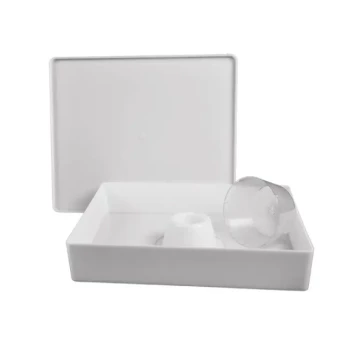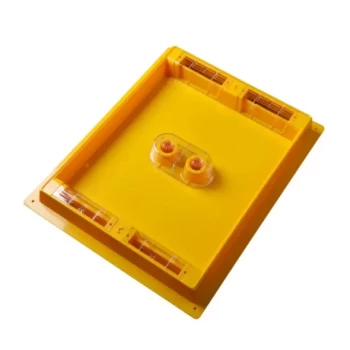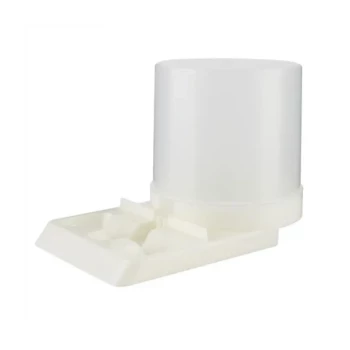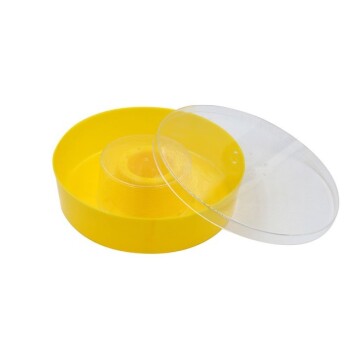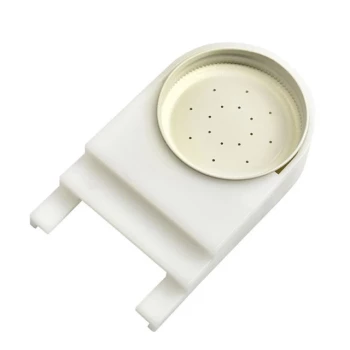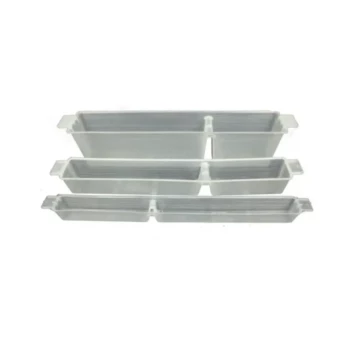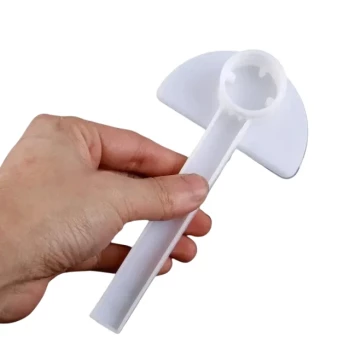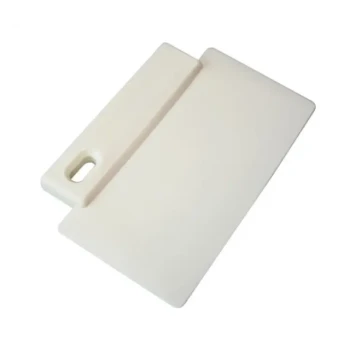The fundamental reason beekeepers consider feeding a last resort is to preserve the absolute integrity of honey. True honey is a natural product derived entirely from plant nectar gathered by bees. Feeding bees artificial substitutes like sugar syrup during periods of nectar collection risks adulterating the final product, turning it from pure honey into something else entirely.
The core principle is that feeding is a survival tool, not a production tool. Responsible beekeeping aims to let bees thrive on natural forage; intervention is reserved for preventing starvation, ensuring the honey you harvest is as pure as nature intended.
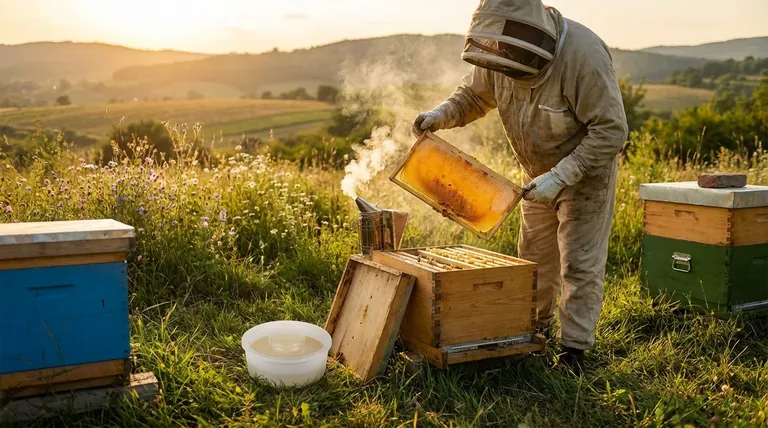
The Primary Goal: Preserving Honey Integrity
A beekeeper's first duty is to the bees and the quality of their product. This principle directly governs the decision of when, or if, to feed a colony.
What Defines "Real" Honey?
Authentic honey is created when bees forage for nectar from flowers. They carry this nectar back to the hive, where they add enzymes and reduce the water content, transforming it into the stable, complex food source we know as honey. This process gives honey its unique flavors, aromas, and beneficial properties.
The Risk of Adulteration
If a beekeeper provides sugar syrup while flowers are blooming and bees are actively producing honey for harvest, the bees will treat it as another nectar source. They will collect it, process it, and store it in the honeycomb right alongside real nectar. This results in a product that is diluted, less flavorful, and not truly honey.
Maintaining Beekeeping Standards
For beekeepers who sell their honey, maintaining this natural standard is a matter of ethics and reputation. Feeding is therefore strictly avoided during any period when a honey crop is being produced for human consumption.
When Feeding Becomes a Necessary Intervention
While the goal is self-sufficiency, there are critical times when a colony's survival depends on a beekeeper's intervention. In these situations, feeding is not just acceptable—it is essential.
Establishing a New Colony
A brand-new colony, whether from a package or a split, has a monumental task ahead. It must build all its wax comb from scratch and raise a new generation of bees. This requires a massive amount of energy, and feeding provides the immediate carbohydrates needed to fuel this construction and growth.
Surviving Winter and Dearth
Bees survive the cold winter months by consuming the honey they stored during the summer. If their stores are insufficient, they will starve. Feeding in the fall can top off their reserves, and feeding in late winter or early spring can be a lifeline if they run out of food before flowers bloom. The same applies during a summer "dearth," a period of drought or heat when no flowers are producing nectar.
The Key Distinction: Survival vs. Production
In these necessary cases, the purpose of feeding is colony survival, not honey production. The sugar syrup is consumed immediately by the bees for energy or is stored for winter use. It is not intended to become part of a harvestable honey crop.
Understanding the Trade-offs of Feeding
Using feeding as a management tool is not without its risks and requires careful judgment. Misuse can harm both the colony and the quality of the honey.
Impact on Honey Quality
The most significant trade-off is the direct impact on honey. Feeding at the wrong time—specifically, during a "nectar flow" when bees are making surplus honey—undeniably compromises the final product. The resulting mix cannot be considered pure, high-quality honey.
Potential for Disease and Pests
Open feeders can attract bees from other colonies, potentially spreading diseases like foulbrood. They can also attract pests like wasps and ants, creating additional stress for the colony. Proper management of feeders is critical to avoid creating new problems.
Timing is Everything
A responsible beekeeper must have a deep understanding of the local environment and the colony's cycle. Feeding must stop well before the main nectar flow begins, and any honey supers (the boxes for storing surplus honey) must be removed before any survival feeding starts in the fall.
Making the Right Choice for Your Goal
The decision to feed is a strategic one, tied directly to your objectives as a beekeeper.
- If your primary focus is a pure honey harvest: Feeding is only done outside the production season. You must cease all feeding before placing honey supers on the hive to ensure the crop is 100% from natural nectar.
- If your primary focus is colony survival: Feeding is a non-negotiable tool used to establish new colonies and to prevent starvation during winter or periods of dearth when natural forage is unavailable.
- If your primary focus is sustainable beekeeping: The goal is to create strong, self-sufficient colonies that require minimal intervention. Feeding is viewed as an emergency measure, and management focuses on ensuring bees have enough of their own honey to survive.
Ultimately, a beekeeper's role is that of a steward, balancing the needs of the colony with the goal of harvesting a pure and natural product.
Summary Table:
| Scenario | Purpose of Feeding | Impact on Honey |
|---|---|---|
| New Colony Establishment | Fuel wax production and growth | No impact if supers are not on |
| Winter/Dearth Survival | Prevent starvation | No impact if done outside nectar flow |
| During Nectar Flow | Not recommended | High risk of honey adulteration |
Need reliable beekeeping supplies to support your colonies without compromising honey quality? At HONESTBEE, we supply commercial apiaries and distributors with wholesale-focused equipment designed for sustainable, responsible beekeeping. Let us help you maintain pure honey harvests and strong colonies—contact our experts today for tailored solutions!
Visual Guide
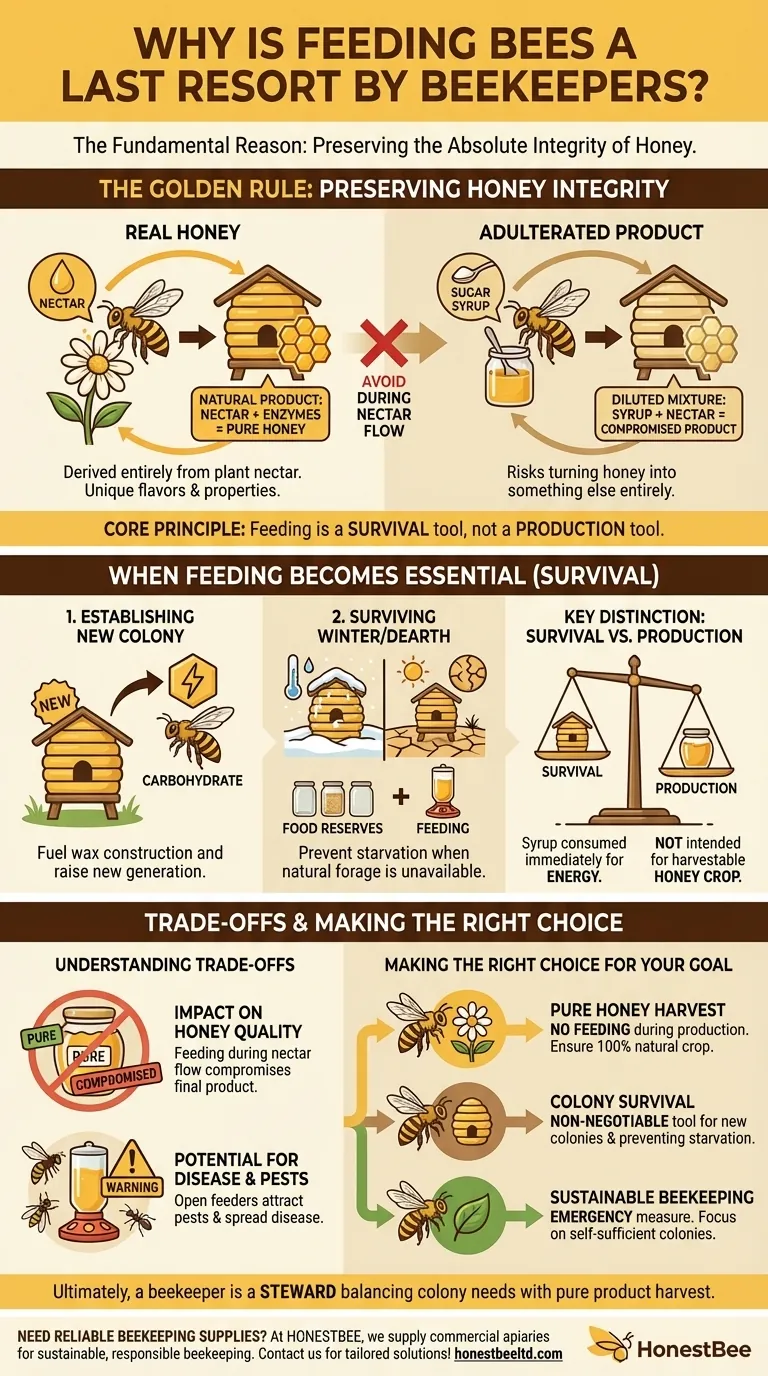
Related Products
- Rapid Bee Feeder White Plastic 2L Round Top Feeder for 8 or 10-Frame Bee Hives
- HONESTBEE Professional Hive Top Bee Feeder Feeding Solution
- Professional Hive Top Bee Feeder for Beekeeping
- HONESTBEE Entrance Bee Feeder Professional Hive Nutrition Solution for Beekeeping
- HONESTBEE Round Hive Top Bee Feeder for Syrup
People Also Ask
- What concentrations of sugar syrup are used in different seasons? Master Seasonal Feeding for Thriving Hives
- What is a Boardman Feeder, and how does it work? A Guide to the Controversial Entrance Feeder
- How do candy boards contribute to hive moisture control and bee health? Essential Winter Survival Strategies
- What is the purpose of thoroughly mixing liquid medications with syrup? Ensure Safe and Effective Bee Treatments
- What is the method for making pollen substitute using sugar syrup? Achieve Perfect Patty Consistency for Healthy Hives
- What is the purpose of using internal frame feeders? Maximize Bee Colony Survival and Growth Potential
- How do beekeepers address low food stores in a beehive? Save Your Colony with Strategic Emergency Feeding
- What role does sugar syrup play in overwintering bee colonies? A Guide to Strategic Winter Feeding

